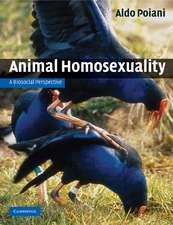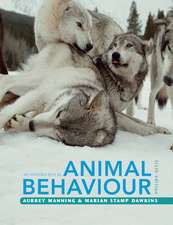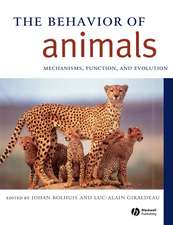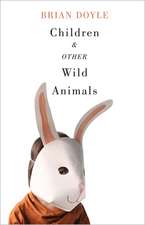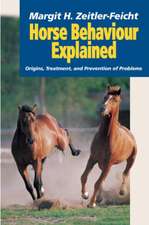The New Anthropomorphism
Autor John S. Kennedyen Limba Engleză Paperback – 15 iul 1992
| Toate formatele și edițiile | Preț | Express |
|---|---|---|
| Paperback (1) | 417.36 lei 43-57 zile | |
| Cambridge University Press – 15 iul 1992 | 417.36 lei 43-57 zile | |
| Hardback (1) | 758.55 lei 43-57 zile | |
| Cambridge University Press – 15 iul 1992 | 758.55 lei 43-57 zile |
Preț: 417.36 lei
Nou
Puncte Express: 626
Preț estimativ în valută:
79.86€ • 83.59$ • 66.47£
79.86€ • 83.59$ • 66.47£
Carte tipărită la comandă
Livrare economică 31 martie-14 aprilie
Preluare comenzi: 021 569.72.76
Specificații
ISBN-13: 9780521422673
ISBN-10: 0521422671
Pagini: 208
Ilustrații: 7 b/w illus.
Dimensiuni: 138 x 216 x 11 mm
Greutate: 0.25 kg
Ediția:New.
Editura: Cambridge University Press
Colecția Cambridge University Press
Locul publicării:Cambridge, United Kingdom
ISBN-10: 0521422671
Pagini: 208
Ilustrații: 7 b/w illus.
Dimensiuni: 138 x 216 x 11 mm
Greutate: 0.25 kg
Ediția:New.
Editura: Cambridge University Press
Colecția Cambridge University Press
Locul publicării:Cambridge, United Kingdom
Cuprins
1. Introduction; 2. Anthropomorphism and teleology, explicit anthropomorphism, behaviourist taboo, uniqueness of Man, consciousness, unconsciousness, compulsive anthropomorphism; 3. Instinct, nest-building, search images, language, imitation, functions as causes, imbalance; 4. Migration, purpose and goal, efference copy, motivation; 5. Intentionality, cognition, self-awareness, suffering; 6. Hierarchy, displacement, inhibition, trail-following; 7. Illusions, indulgence, neoanthropomorphism, prescription; Bibliography.
Recenzii
'Anyone interested in animal welfare should read this book.' P. J. B. Slater, Animal Welfare
'This is an important book that will encourage a more scientific study of animal behaviour.' Robert Barrass, Journal of Biological Education
'This is an important book that will encourage a more scientific study of animal behaviour.' Robert Barrass, Journal of Biological Education
Descriere
This 1992 book provides evidence that anthropomorphism (the assumption that animals think and feel as we do) still haunts the study of animal behaviour.
